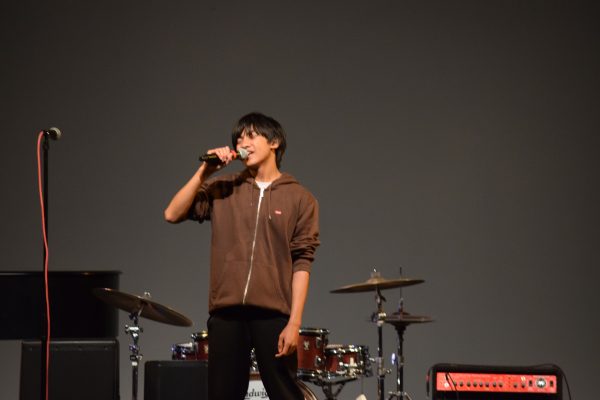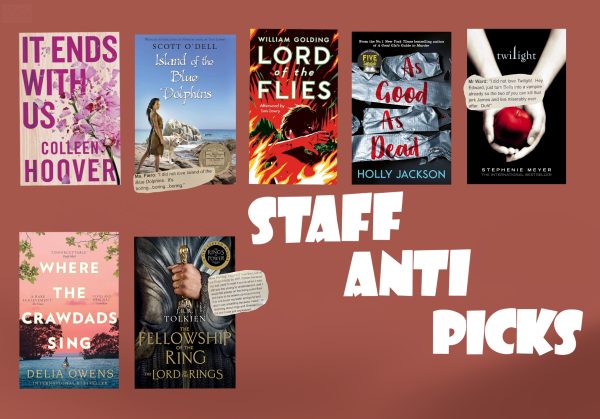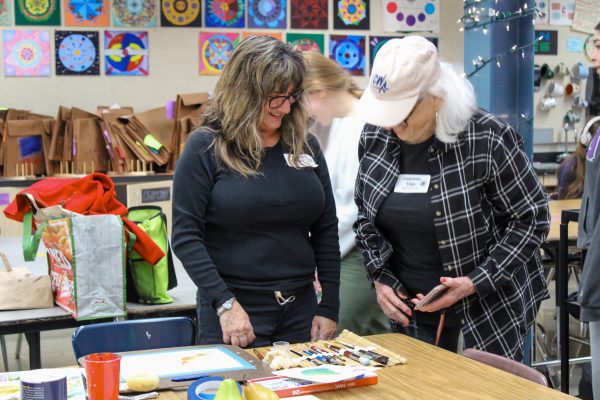Science Bowl Squad Wins 2 Rounds
March 17, 2016
The Science Club competed in the National Science Bowl on January 27 hosted by Livermore High School. The club won 2 out of 5 rounds of competition.
Juniors Claire Matranga, Alexander Zerkle, and Kaveh Boostanpour, and seniors Jiho Kim and Kyle Lindquist represented Campolindo in the tournament.
“The actual Science Bowl competition is comprised of 5 preliminary rounds and then the top team from each pod – there were 6 pods – advances to the elimination rounds and these teams battle it out for the top spot, the number one spot, which that team goes to nationals,” said Boostanpour. “Science Bowl is very competitive in that teams start preparing months or maybe even a year before the competition.”
Matranga was impressed with the level of competition. “I found all the questions really interesting, but it’s also very hard, so it was pretty intense because a lot of the matches were really close,” she said.
Schools from throughout the region provided surprising challenges for the Campolindo. “The teams were outstanding. I thought we were okay-ish until we actually met the Dougherty Valley kids, who were pretty impressive. So yeah, you could actually see how good the other teams were, which in my opinion were a lot. It was pretty fun, and they had pizza,” said Kim.
According to Zerkle, the champion’s trophy is always a source of motivation for his team: “Well, we get a nice trophy if we do well. If we place 1st at the regionals then we go to Washington DC; that hasn’t happened since 2012, but I suspect that they have a much bigger trophy there.”
The competition followed a jeopardy style format with teams of 4 “buzzing in” to answer questions posed by a moderator. Topics included chemistry, physics, math, and geology. Regular questions were worth 4 points while bonus questions were worth 10.
Each member of the squad was responsible for specializing in a particular science field.
“It’s not very much like taking a test because the questions are read and you can interrupt the question if you know the answer, because some of them are multiple choice. And so, if you hear the answer you can buzz in and get it before the question is done being read, but if you don’t hear the answer you can buzz in before the last option is read, because you assume it’s there, so it’s very high speed, especially in the later rounds,” said Matranga.




